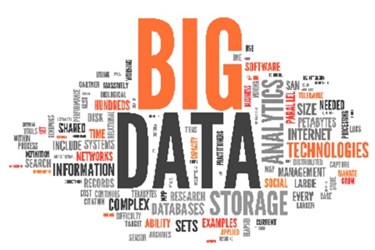How Big Data Is Affecting The Food-Supply Chain
It’s no secret that big data is gaining popularity as a mechanism for business planning. In the food-supply chain, big data is providing new insights and decision-making processes across several segments including security, traceability, production, and customer service. Below are a few instances of how big data is improving several aspects of the food-supply chain.
Improving Safety And Traceability
Food fraud and food contamination are tricky issues to track, contain, limit, and prevent. However, DNA-based testing technology, along with the data it produces, is helping eliminate fraudulent food products from the food supply. Additionally, the technology is providing much-demanded transparency across the value chain. As a result, this will allow food producers to raise quality standards while simultaneously lowering contamination risks.
Enhancing Sustainability In Agriculture
Computer-chip maker Intel has been working with research institutions to create a platform around the concept of precision farming. Precision farming hopes to grow the world’s supply of food by computing and responding to erratic crop field conditions. Through this, farm capacity can be increased, more efficient practices can be utilized, and risks related to weather events can be minimized or avoided. Agralogics is one company putting this to work. Calling itself “the Internet of food,” the company’s software gathers weather info, satellite imagery, along with several other insights to assist in providing optimal seeding and harvest times, along with providing data regarding growing and consuming particular foods.
IBM is another big name putting efforts into agriculture and big data. Here, the company mentions plans involving big data and agriculture in its project called Deep Thunder. According to IBM, “Measurements of the weather and soil, including data from sensors dotting a farm, multi-spectral images of fields taken from satellites or airplanes, characteristics of irrigation systems, requirements for fertilizer and pesticide, coupled with precise weather predictions can help optimize a farmer’s decisions about what to plant, when to plant, when to water, when to fertilize and when to harvest.”
Upgraded Customer Services
Outside the realm of agriculture, but still within the food-supply chain, McDonald’s is using big data to become a more informed and customer-centric company. The choice to collect and use big data is allowing McDonald’s to track and examine huge amounts of information to fully comprehend what happens within its restaurants. This information is then used to create and implement best practices for the company as a whole. This not only improves the decision making in regard to inventory and needed food products; it also enhances the consumer experience.

No comments:
Post a Comment